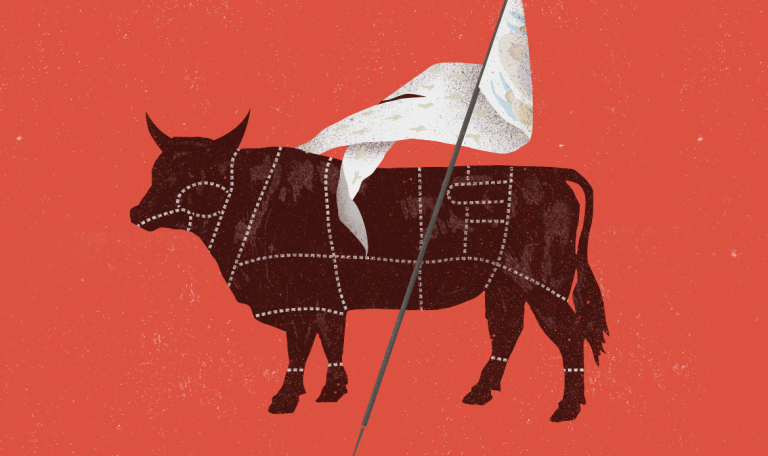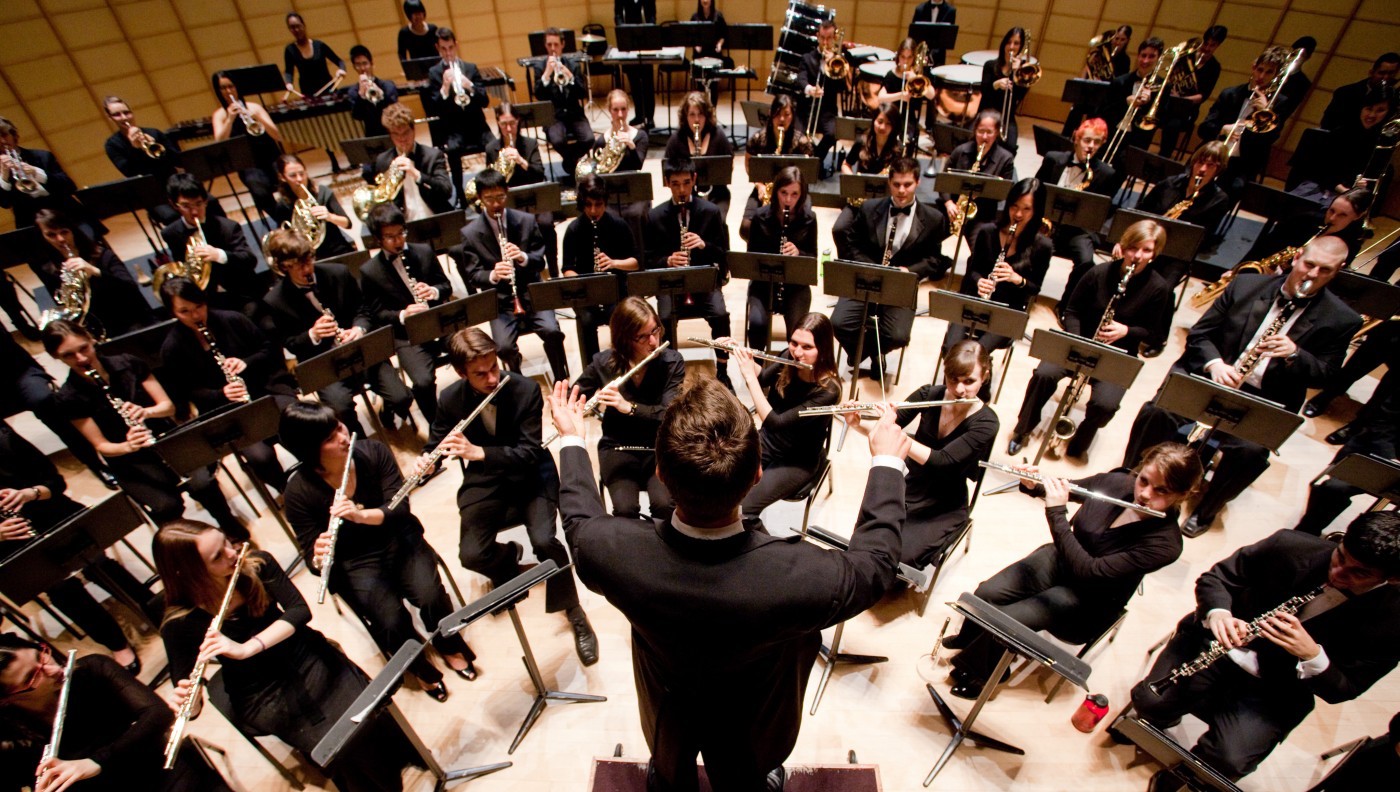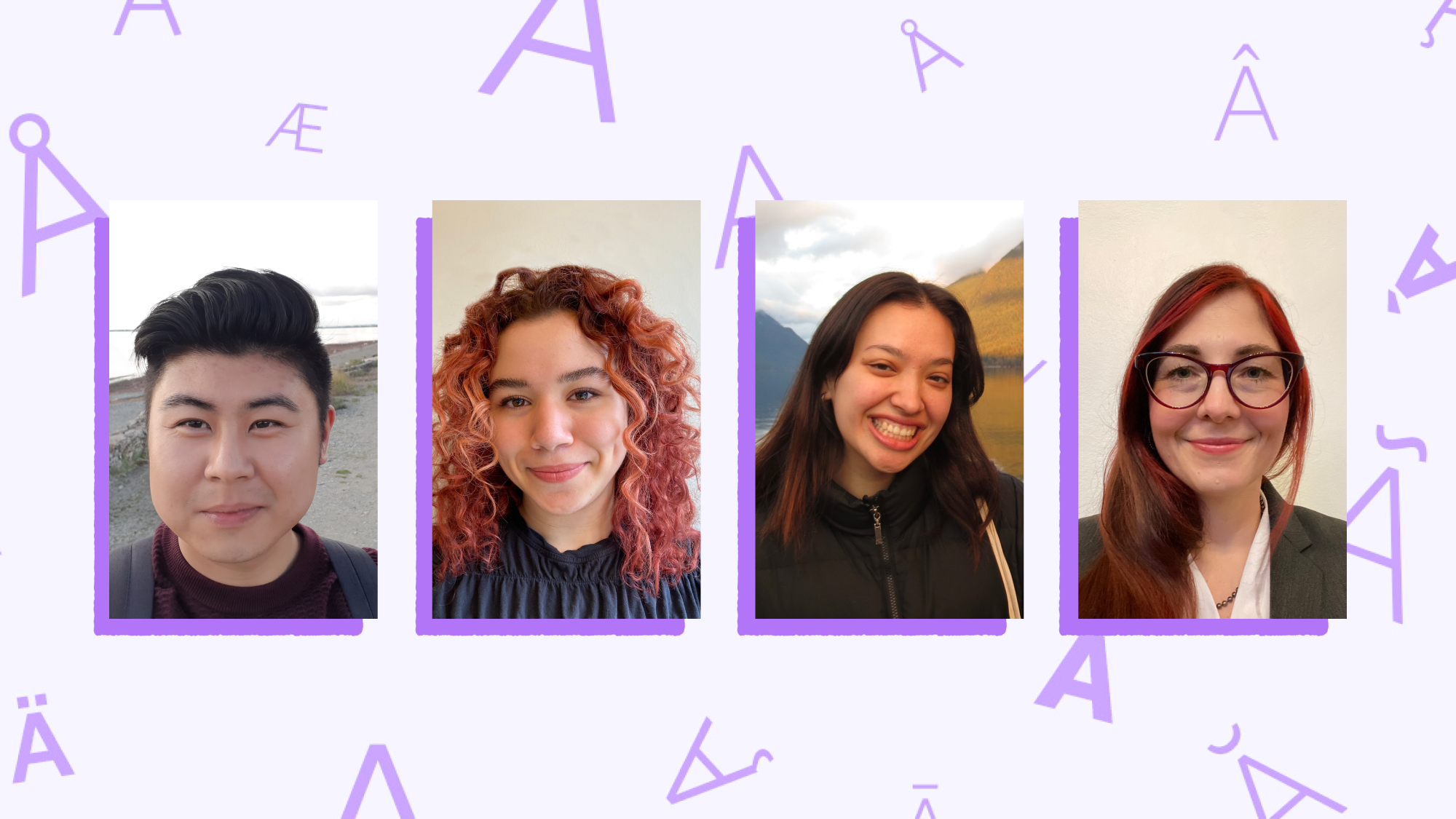

By Tara Simonetta
Linguistics students Clarissa Forbes and Michael Schwan spent much of 2012 working on the documentation and linguistic analysis of Gitxsan, an aboriginal language spoken in the northern interior of British Columbia. Over the course of 8 months, they were given the opportunity to work directly with Gitxsan speakers to help document the language. Through elicitation sessions, in which they recorded stories told in Gitxsan, as well as other grammatical exercises, they were able to gather new knowledge about this endangered language. In August 2012, both students were given the opportunity to travel to Gitxsan territory.
Clarissa was awarded the 2011/12 Russ Patrick Undergraduate Research Award for her submission “Preserving Knowledge of Gitxsan Elders: Story documentation and linguistic investigation of Gitxsan (Tsimshianic).” Michael is now in his fourth year of his Linguistics degree, with a minor in Asian Languages and Culture, specializing in Chinese. He plans to graduate in May 2013. Clarissa graduated in May 2012, and is currently working on an M.A. in Linguistics at the University of Toronto. Both students continue to be involved with the Linguistic Department’s Gitxsan Group.
Can you define the field of linguistics in one sentence?
MICHAEL: The scientific study of language.
CLARISSA: Language with a capital “L,” not individual languages.
MICHAEL: It’s one of those questions that people ask us all the time, and it’s hard to describe. There are so many subfields of linguistics.
How did you choose to major in linguistics?
MICHAEL: I like languages in general, and I saw linguistics listed as a course. I didn’t know anything about it, but I looked it up and it sounded interesting. I took the course and I was hooked almost right away
CLARISSA: Linguistics seems to draw people in, like Michael described. I had heard from a friend that she was interested in linguistics, and I didn’t know what it was either. I also like languages, so I took a course, and just one lecture was enough to completely capture me.
What inspired you to get involved in research?
CLARISSA: In the second linguistics course I ever took, it became apparent to me how endangered a lot of languages were. Language documentation and revitalization became really important to me. The research aspect came together when I decided I was going to do an honours degree, and needed a research topic.
MICHAEL: Research wasn’t on my mind for most of my degree. I was just interested in being involved in any way I could. An opportunity came up when one of my professors gave my name to Dr. Henry Davis as a suggestion for someone to help out with the Gitxsan project. I had taken LING 433, Native Languages of the Americas; I learned about native languages and how endangered they are, and I wanted to help in some capacity.
Both of you conducted research on the Gitxsan language – how will the documentation and analysis of this language benefit the Gitxsan people? How will it benefit the field of linguistics?
CLARISSA: Any kind of documentation will help. It’s so under-documented that there aren’t enough resources for anyone to come to any kind of fluency without a fluent speaker to help. The number of speakers is dwindling. We’re making recordings, collecting stories, and doing general grammatical documentation. We’re hoping to make all of that accessible for the Gitxsan people. It benefits linguistics because linguists are interested in both what’s universal about languages, and what’s diverse about them. Documenting one language from a language family we know very little about can shed a lot of new light on those sorts of questions.
MICHAEL: I think that documentation is important in case the number of Gitxsan children acquiring the language is inadequate for it to survive. The more documentation we have, the more likely it is that it can be brought back as a viable language. There are no real resources at this point. If you wanted to learn French, you could pick out one of the 5000 books out there. But for something like Gitxsan, you’d have to have access to a speaker.
For students who do not intend to pursue graduate studies, what do you think are some of the benefits of participating in undergraduate research?
MICHAEL: When you’re doing undergraduate course work, you’re just doing classes and projects, and it feels like “make work.” If you’re doing research, you’re doing something that will contribute to the field in some way. You can see that it actually has a real effect. You feel like you’re contributing and participating, and like you’re part of something. I think that’s a benefit for undergraduates, even if they don’t go on in research. You see the subject that you’ve been learning actually put to use. You are developing skills for real life.
CLARISSA: In research, you have to learn how to identify a problem or a question, and that’s a major skill. Then you have to go about how to solve the problem or answer the question. It’s one that there isn’t an answer for yet; you are making that answer. In general, that’s really valuable.
What advice would you give to Arts students who want to get involved in research?
CLARISSA: Get involved in your department. I was just looking for a job, and ended up working for Dr. Davis, who later asked me if I wanted to work on the Gitxsan project. I accepted the position, and it ended up being a really meaningful experience for me. If you want to do research, find out what your professors are working on, do your own reading, and find something you’re interested in. There are opportunities there.
MICHAEL: One of the big things is to show up at class, office hours, colloquiums, and research seminars. Talk to your professors and show initiative. It’s important that you are there when these opportunities arise. You should be known within your faculty. This is what happened to me: I was recommended to Dr. Davis because I was at office hours a lot and spoke with my professor on a regular basis.
Had you ever worked with aboriginal people before doing this research project? How has this shaped your view of aboriginal culture?
MICHAEL: I had not. You definitely learn new things. I didn’t know about the feast system in Gitxsan culture, for example. There’s not enough being taught in schools, and in general, about a group of people who have been here for so long. There’s so much to know about them, yet all I knew about aboriginal culture as a kid was that “they had totem poles.”
CLARISSA: Neither had I. Working with the people and knowing the history, you start to feel quite strongly about it yourself, but you have to remember they aren’t your issues. They can’t belong to you. It’s kind of a hard divide to make. You want to support the language revitalization, but it’s their culture, and it’s their decision what happens with the language.
Michael, you mentioned the importance of connecting with the Gitxsan community in your research paper. Why is this important?
MICHAEL: Mostly because when you’re working on a language, you’re also working with the people; Language is a very social thing. You’re not communicating with yourself, you’re communicating with other people. Part of that social aspect is that you want to develop a good personal relationship with your speakers. Not just because you want to have a good working relationship, but because there’s an inherent value to their culture and their language, and you want to show that you appreciate that. Being involved with the community is respectful.
CLARISSA: I would say the exact same thing. There’s a value in the language and the culture, and you want your relationship to be mutually beneficial. You don’t want them to be the subject of an experiment. You want them to see that you value what they have to share. When we went up north, the surprise that people had at the fact that we wanted to study and document their language was immense.
MICHAEL: The fact that we could even say words surprised them as well. We were obviously interested enough that we could say things, and pronounce them pretty accurately.
Can you tell me about your most rewarding experience when interacting with the Gitxsan people?
CLARISSA: For me, every elicitation session was really fun. There were also a couple of moments on the trip up north, like the surprise people had at the desire we had to work on Gitxsan. There was this moment when we were invited to someone’s campground, and we just sat around the fire with a couple of speakers, and they spoke to each other and us, sometimes in English, sometimes in Gitxsan. It was such a natural living moment. There was the language, alive.
MICHAEL: That was also my favourite moment. You got to hear so many stories about their lives and about their language. It’s very heartwarming. You connect with them on a personal level. Just connecting to the people you’re working with on a personal level is rewarding in itself.
Though undergraduate research positions may seem difficult to come by, the Arts Undergraduate Research Awards (AURA) help fund positions for undergraduate students, including Clarissa and Michael. For more information on undergraduate research, visit the Arts Undergraduates website.


